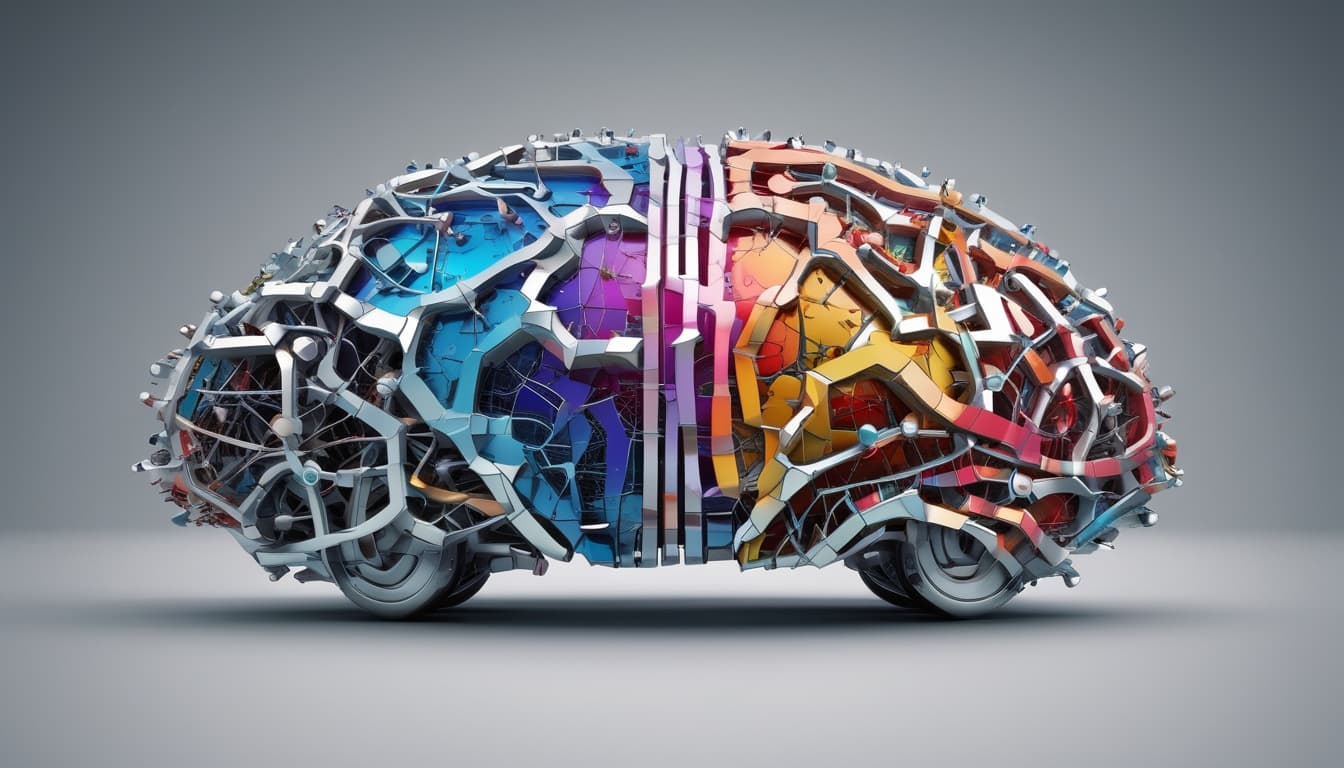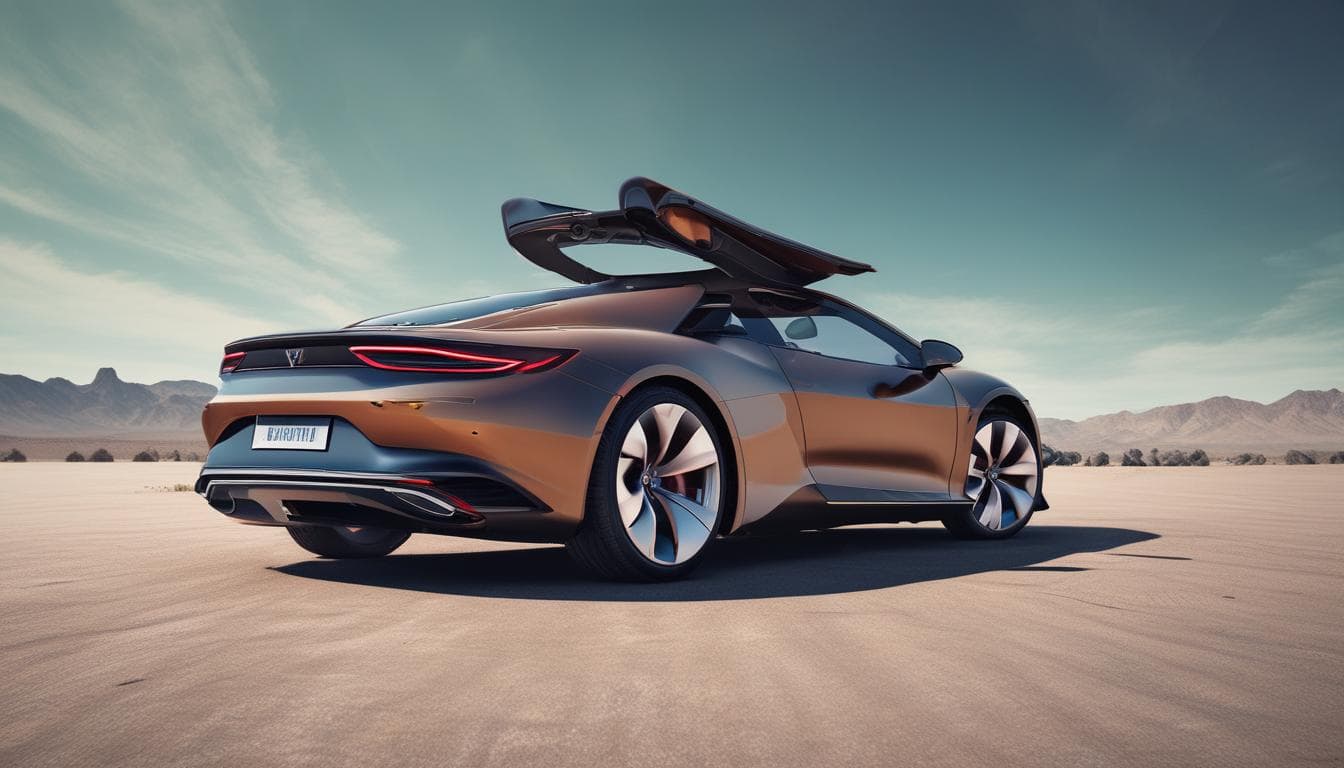With advancements in AI and automation, how might the role of a car mechanic evolve into a specialist integrating technology with traditional mechanical skills? What new expertise will be required, and how will this shift impact the automotive job market and the way we maintain our vehicles?
That's a fascinating question, and it really hits at the heart of how technology is reshaping the automotive industry. I think the role of a car mechanic is poised for a significant transformation, moving from primarily hands-on mechanical work to a blend of mechanical expertise and technological proficiency.
Here’s how I see it evolving:
New Expertise Required:
- Diagnostic Software Proficiency: Mechanics will need to be highly skilled in using advanced diagnostic software and tools to pinpoint issues, often before they become apparent through traditional means. This includes understanding complex vehicle networks and data analysis.
- Electric Vehicle (EV) Systems Expertise: With the rise of EVs, mechanics will need to become experts in high-voltage systems, battery technology, and electric motor maintenance. This is a whole new area of specialization.
- AI and Machine Learning Understanding: As AI becomes more integrated into vehicle systems, mechanics will need to understand how these systems work and how to troubleshoot them. This might include learning about neural networks and algorithms used in autonomous driving features.
- Cybersecurity Awareness: With vehicles becoming increasingly connected, mechanics will need to be aware of cybersecurity risks and how to protect vehicles from potential hacks.
- 3D Printing and Additive Manufacturing: As 3D printing transforms the automotive industry, mechanics might start using these technologies for rapid prototyping and on-demand parts production.
Impact on the Job Market:
- Increased Demand for Specialized Technicians: The demand for mechanics with advanced technical skills will likely rise, while the need for mechanics with purely traditional mechanical skills might decrease.
- Upskilling and Reskilling Programs: There will be a growing need for training programs to help existing mechanics gain the new skills required for the future of automotive maintenance.
- New Job Roles: We might see the emergence of entirely new job roles, such as automotive cybersecurity specialists or EV system technicians.
Impact on Vehicle Maintenance:
- Predictive Maintenance: AI-powered diagnostic tools will enable mechanics to predict potential issues before they occur, leading to more proactive and efficient maintenance schedules.
- Remote Diagnostics: Some maintenance tasks might be able to be performed remotely, with mechanics using diagnostic tools and software to identify and resolve issues without the need for the vehicle to be physically present.
- Automated Vehicle Inspections: The rise of automated vehicle inspections will streamline the process and make it more efficient.
This shift is not just about adding technology, it's about a fundamental change in how we approach vehicle maintenance. Mechanics will need to be problem-solvers, data analysts, and tech-savvy experts who can bridge the gap between the physical and digital worlds of automotive engineering. It's an exciting time for the industry, and I think these changes will ultimately lead to better, safer, and more reliable vehicles.
探索更多相关内容
加入讨论
- 未来汽车的“生物感官”:它们将如何感知城市与人类?
探讨未来汽车超越传统视觉与雷达,拥有嗅觉、味觉、触觉等生物感官的可能性。想象这些“汽车五感”如何改变车辆对城市环境的理解、重塑驾驶体验、优化交通系统设计,并深化人与汽车的情感联结。加入讨论,分享你对智能汽车感官进化的独特见解。
- 未来汽车:移动的个人健康管理中心?机遇、挑战与展望
探讨未来汽车如何转变为“移动个人健康管理中心”,实时监测身体指标、提供个性化建议。分析其对日常生活、健康习惯的影响,以及带来的机遇、挑战,包括隐私、数据安全和跨界合作等问题。
- 汽车智能情感交互:畅想未来驾驶体验
探讨汽车如何根据驾驶员的情绪调整驾驶体验,包括音乐、灯光和驾驶模式,分析其潜在的益处和风险,以及用户最期待的功能和担忧。





